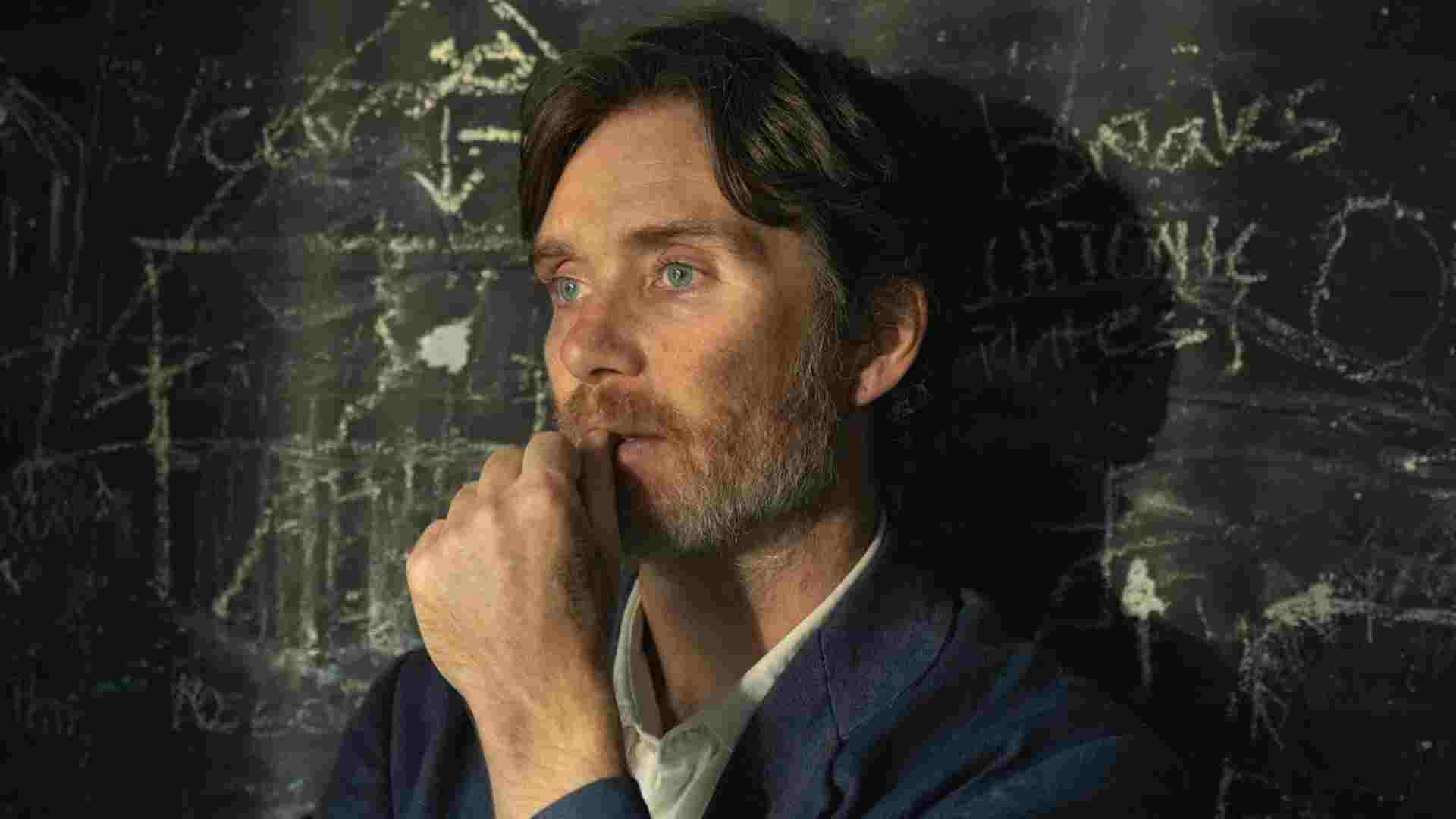There's not enough time to get on a first-name basis with Steve
Cillian Murphy follows Oppenheimer with a similarly weary, dissimilarly forgettable snapshot of an alternative school in crisis.
Photo: Netflix
Everyone knows the old yarn about bad movies always being too long and good movies never being long enough, but that leaves out the hazy middle ground, where subpar movies either tease the possibility of getting much better or much worse depending on the moment. Films like Steve awaken the mental remote control in their audience, where viewers yearn to slow down the time they spend with the charismatic lead and fast-forward through the already shorthanded drama. The snapshot of a put-upon alternative school headmaster suffers because it has been so obviously arranged and composed as one. Rather than capturing the elegant whole of a complex world in a brief moment, Steve is a generic abbreviation—just like its title.
The worst part (of the film, not its instantly forgettable name), is that Steve is truncating a range of compelling performances, led by Cillian Murphy as the bone-weary leader trying to wrangle young charges on their third societal strike. Murphy, through his production company Big Things Films, is the obvious and passionate architect of this project: The actor previously starred in director Tim Mielants’ Small Things Like These and led the stage adaptation of writer Max Porter’s Grief Is The Thing With Feathers. Now, assembled in the wake of Murphy’s Oscar-winning turn as the exhausted and dissociating Oppenheimer, Porter swaps his own novella’s youthful point of view for that of Murphy’s exhausted and dissociating lead, whom Mielants sets in the center of a frantic drama.
 Keep scrolling for more great stories.
Keep scrolling for more great stories.
